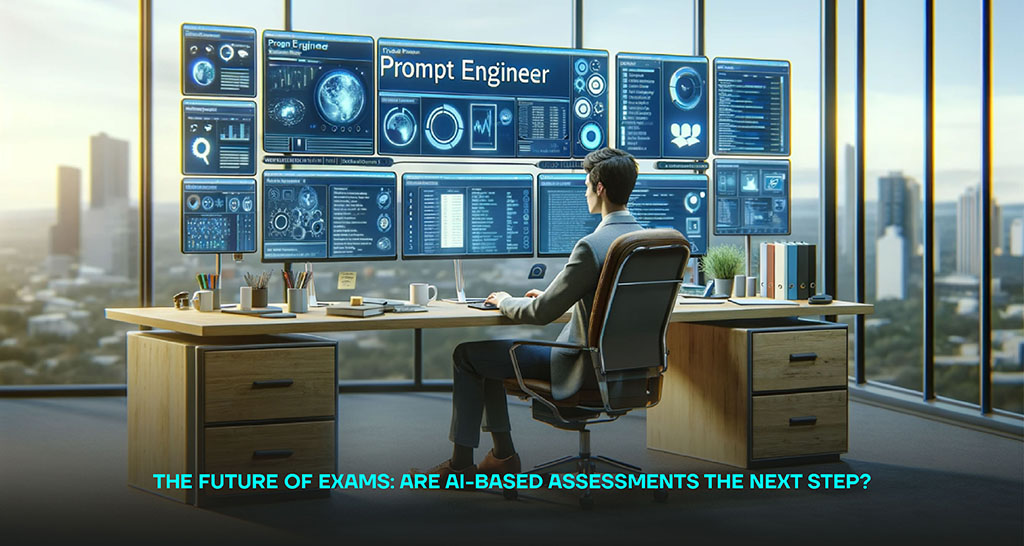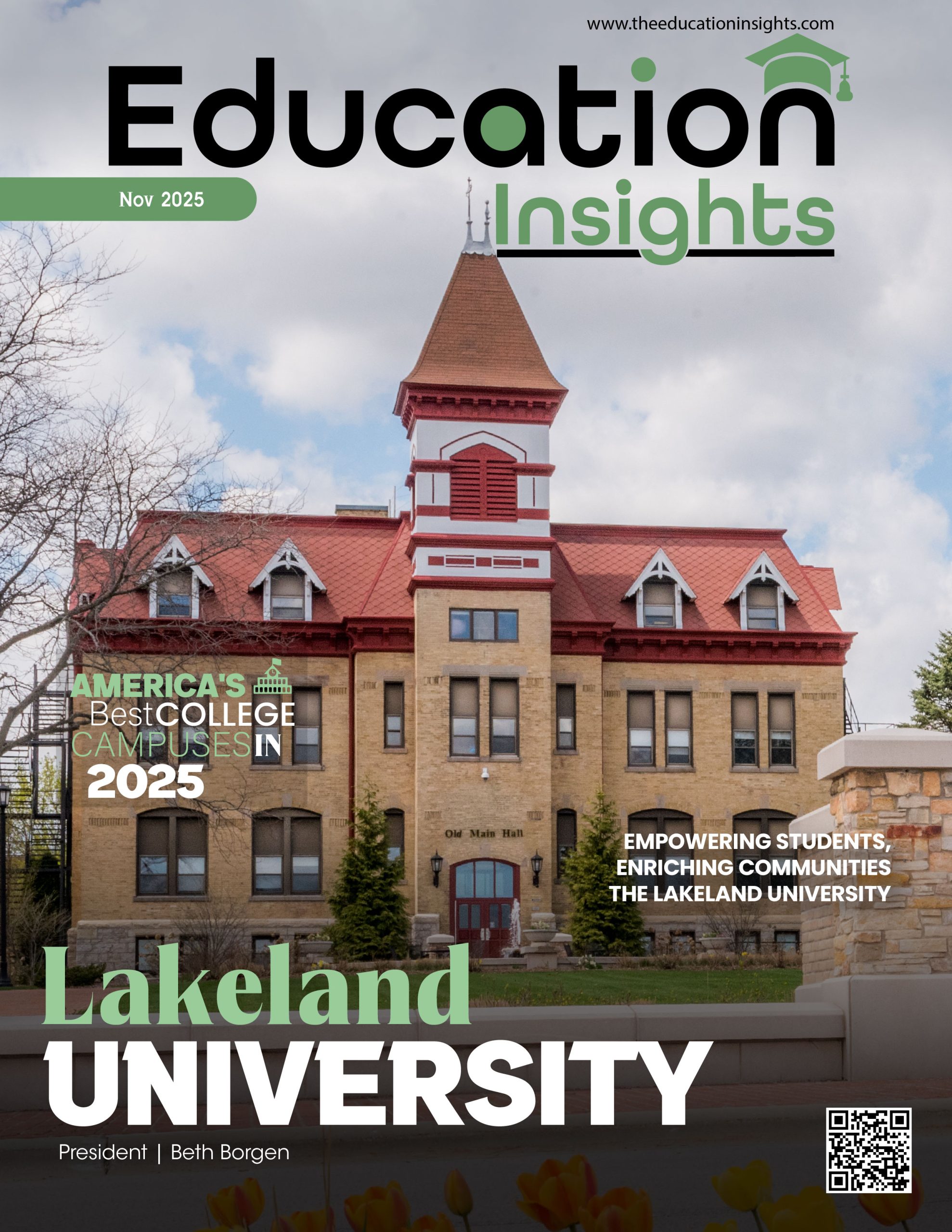Artificial intelligence is completely revolutionizing the way knowledge is delivered. This article will specifically discuss how AI will transform the future of exams. Traditional assessment methods like standardized tests and written exams have been criticized for their limitations, like their inability to completely check a student’s understanding and skills and their lack of a comprehensive approach to the evolution of students’ performance.
With AI, there is a significant opportunity to enhance the assessment process. By enabling students to interact with AI and understand its abilities, educators can harness the technology and create trust among learners. Today, numerous institutions use AI in different ways to make their online assessment process better and more secure. Here are some factors that say AI-based assessment is the next step:
Impact of AI on Test Management
Earlier, supervisors acted as guardians against cheating in paper-based exams. In online assessment, the AI-powered test check leverages machine vision and automation collision detection to plan resources and find irregularities in the testing environment through behavior analysis tools. Besides, the text-sheepish technologies help proctors and supervisors ensure readiness for the dynamic AI landscape. Leveraging AI’s abilities in scheduling, proctoring, and performance analysis and even spotting errors before they occur.
Automated Scoring
AI-based assessments produce automated scoring and feedback. AI works as a tool that assesses student responses, including tough ones, since it implements sophisticated algorithms trained on a vast dataset of human-scored answers. Practically, the assessment tech team designed this algorithm that can understand the nuances of context syntax and semantics, letting them check new responses with the same precision through automated tagging based on response features and process data. Furthermore, AI provides timely, personalized feedback, presenting the strengths and areas of improvement for students.
Generated a Set of Mixed Questions
AI-based question generation is an advanced feature. It uses natural processing to take action on input data and render numerous questions as output. Teachers can fill in various information, from PDF files to video URLs, and the algorithm will generate questions automatically. They can get a choice to pick from Fill in the Blanks, Multiple \ choices, True or False, and more.
Make Assessment Lifecycle Better
AI makes a significant impact on the future of exams through facial recognition to voice recognition, enabling more efficient remote proctoring. AI can power the assessment process at every step, from setting question papers, computing marketing, providing feedback, or generating exact reports. AI-based assessments eliminates the need for paper-based processes or onsite invigilators.
Flaws in AI-based Assessment
A big challenge for AI in assessment is open-ended questions. It can find spelling, grammar, and clarity and how a piece of writing flows to a very high degree, but it can interpret nuances in languages, reasoning, and thought processes. Humans consider cultural differences, language peculiarities, and external materials to correctly check open-ended questions.
Despite being trained a million times, AI still struggles to get perfect in facial recognition. It means that the exam takers may be misidentified or have certain eye movements or actions deemed suspicious. While humans can easily recognize faces and also find irregular head movements. Human teachers can easily identify suspicious behavior and understand the surroundings. On the other hand, AI might misinterpret several movements and misidentify things that might lead to flagging exam-takers for potential cheating. So these are a few drawbacks of implementing AI-based assessments.
Bottom Line
As AI is transforming the assessment process, the future of exams seems promising. The AI-based advances hold the potential to create more equitable, personalized, and effective assessment practices that can perfectly present a learner’s abilities and growth. Still, these evolutions need careful consideration and collaboration among the students, tutors, and other stakeholders to ensure that the advantages of AI are taken while mitigating the potential risks. Hopefully, you have found this article interesting and helpful. Often visit our website to read such insightful content!










